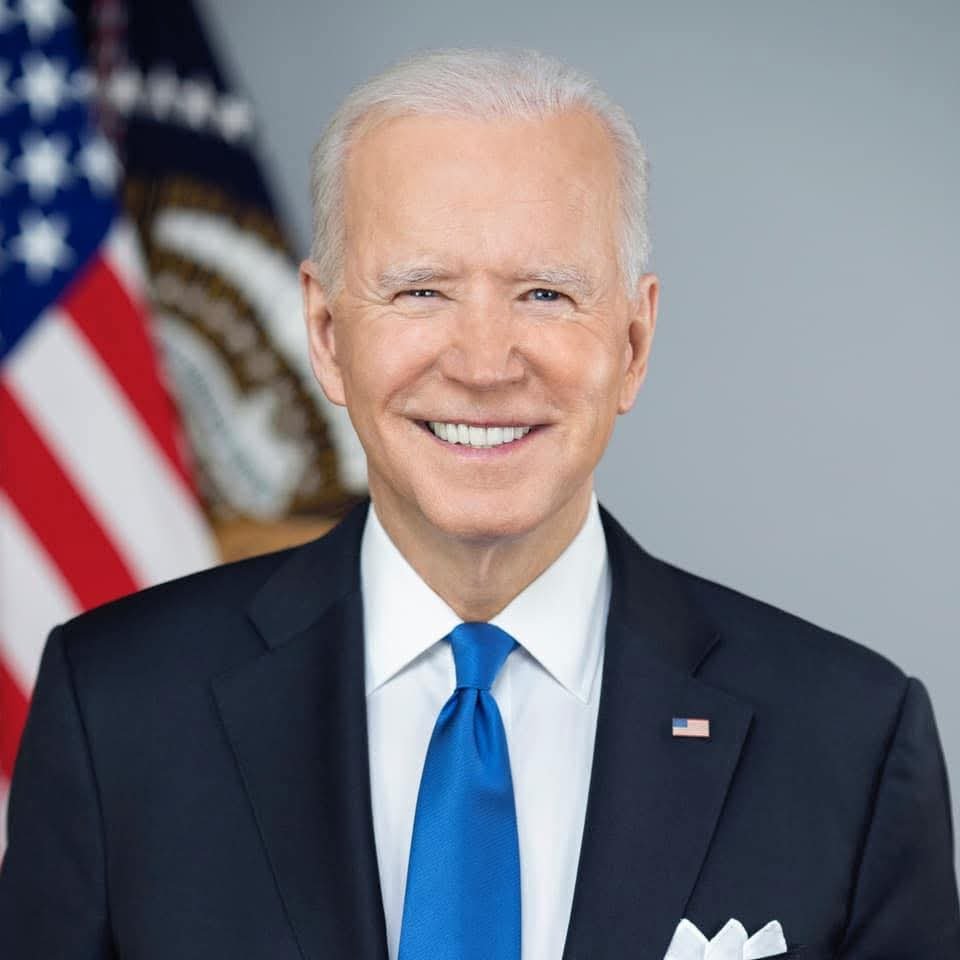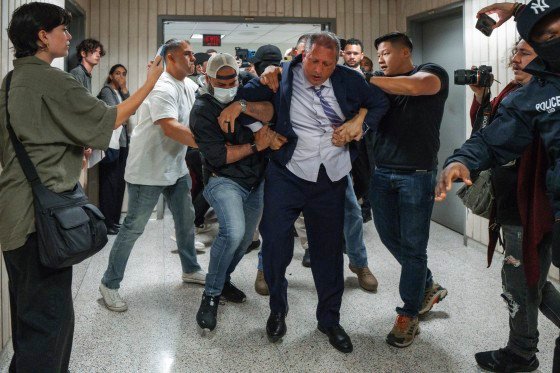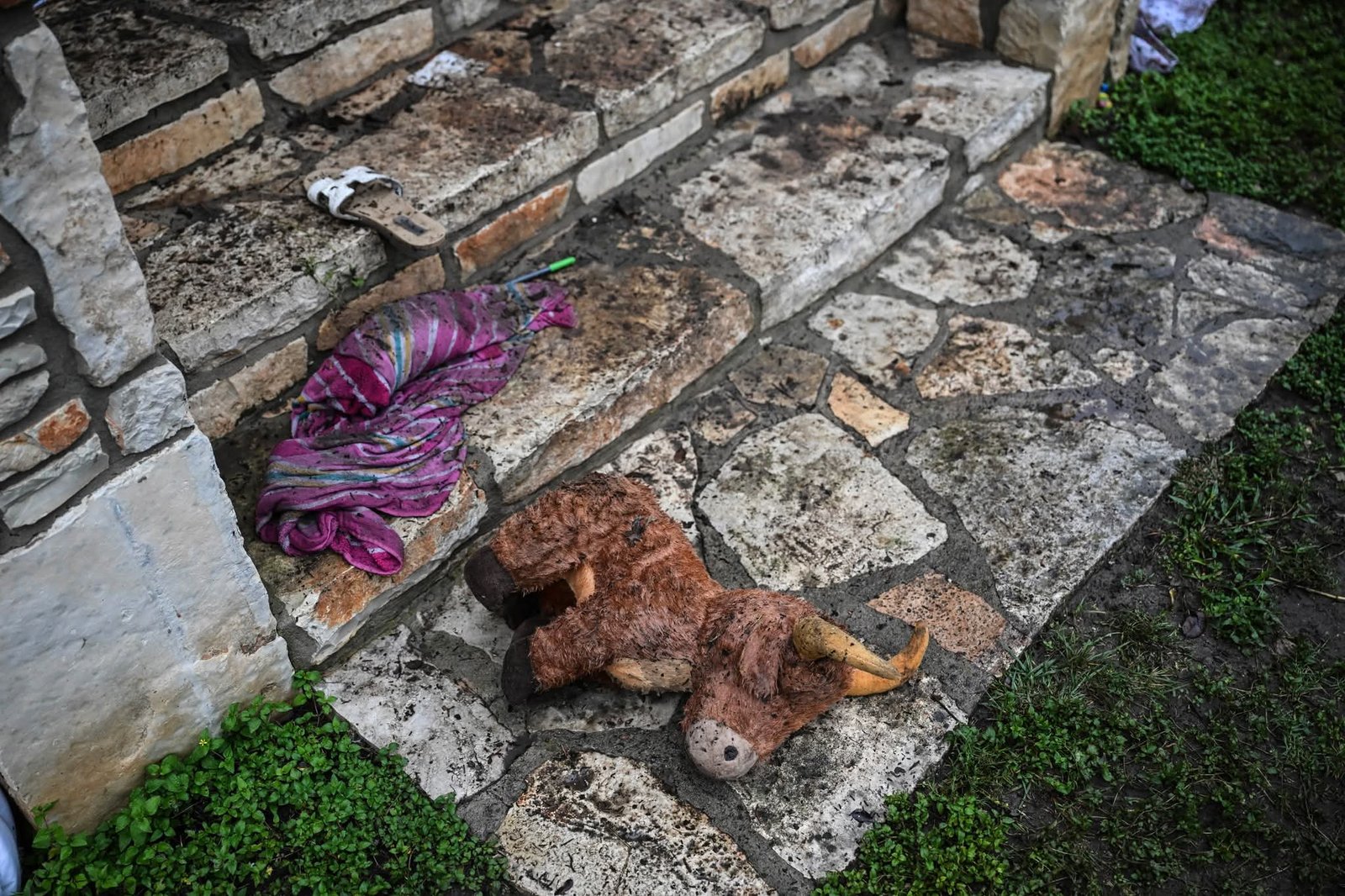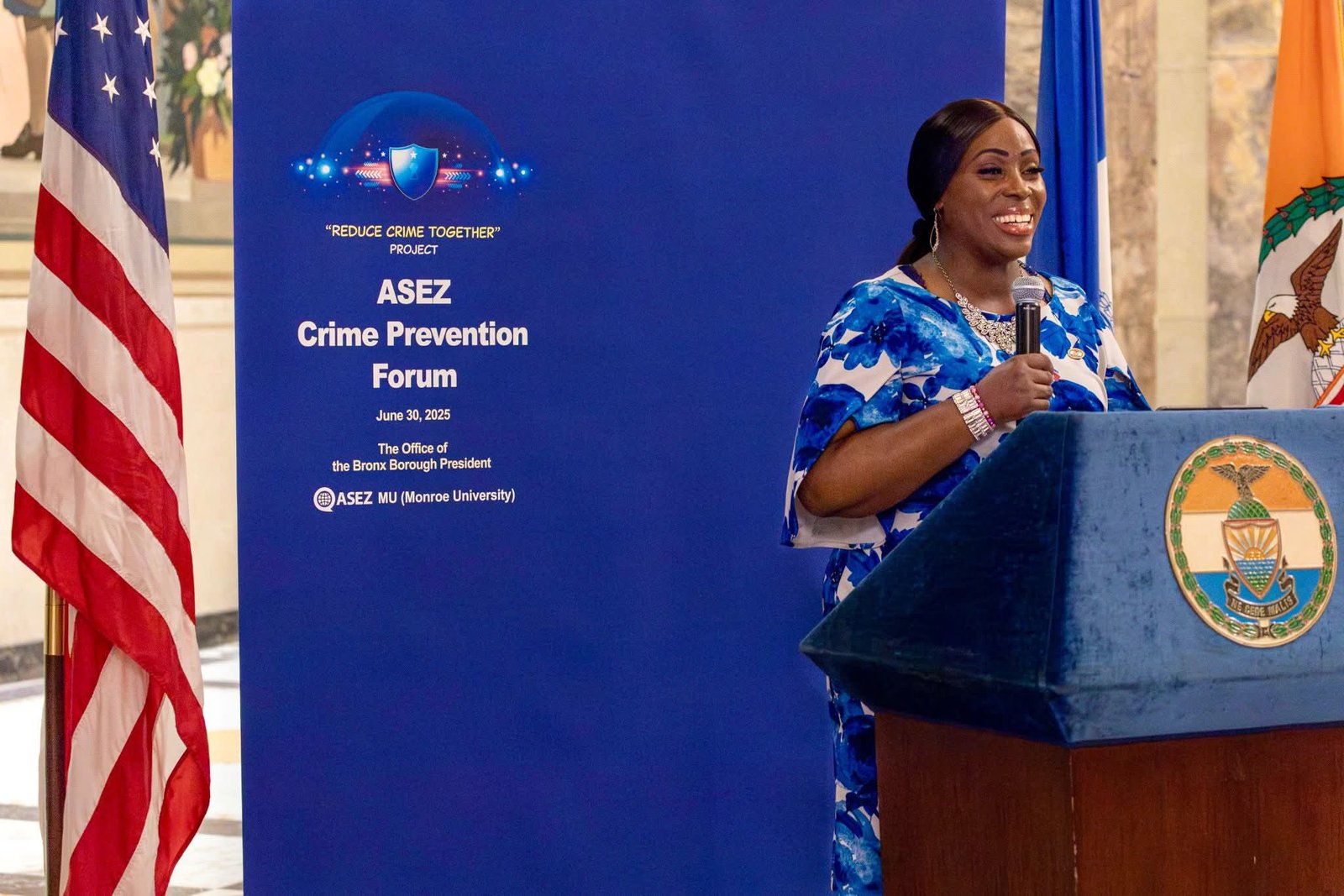
On Monday, President Joe Biden took a controversial step, commuting the sentences of 37 out of 40 individuals on federal death row. While he described his decision as one guided by conscience, many Americans are questioning whether this act aligns with the principles of justice, particularly in cases involving heinous crimes.
Among those spared from execution is Kaboni Savage, a man whose crimes are as chilling as they are unforgettable. Savage was convicted of ordering the firebombing of a home as retribution against a witness, an act that killed six people, including four children—one of them an infant. From his prison cell, Savage orchestrated this attack, and it wasn’t an isolated incident. He was also found guilty of six other murders, including the killing of a man slated to testify against him and several rival drug dealers.
For the families of Savage’s victims, Biden’s decision is nothing short of a betrayal. How does one reconcile the promise of justice with the leniency now afforded to someone who extinguished innocent lives so mercilessly?
Biden’s commutations have sparked a larger debate about the death penalty itself. Advocates argue that capital punishment is inhumane, disproportionately affects marginalized communities, and has been plagued by wrongful convictions. These are valid concerns, and the system undoubtedly requires reform. But does that mean individuals like Savage, who weaponized terror and left a trail of destruction in his wake, deserve to escape the ultimate penalty?
Critics of Biden’s decision worry that it sends the wrong message to the public. Commuting sentences for those guilty of mass murders, particularly crimes against children, risks eroding faith in the justice system. It may also embolden others who might view the criminal justice process as lacking serious consequences.
The president’s decision raises critical questions about where the line should be drawn. Is it possible to address systemic issues within capital punishment without absolving the most egregious offenders of their accountability? Does clemency for someone like Savage honor the memory of his victims, or does it dismiss their suffering in the name of progress?
Biden’s moral stance on the death penalty is clear, but morality cannot exist in a vacuum. The conscience he invokes in defending his actions must also grapple with the pain of those left behind, whose lives have been shattered by the very individuals now spared. For them, this act of clemency feels more like an act of cruelty.
Justice must be tempered with mercy, but it also demands fairness and accountability. In commuting these sentences, especially in cases like Kaboni Savage’s, President Biden risks blurring the line between compassion and injustice.
This decision may be guided by conscience, but for the victims and their families, it feels like justice has lost its way.









